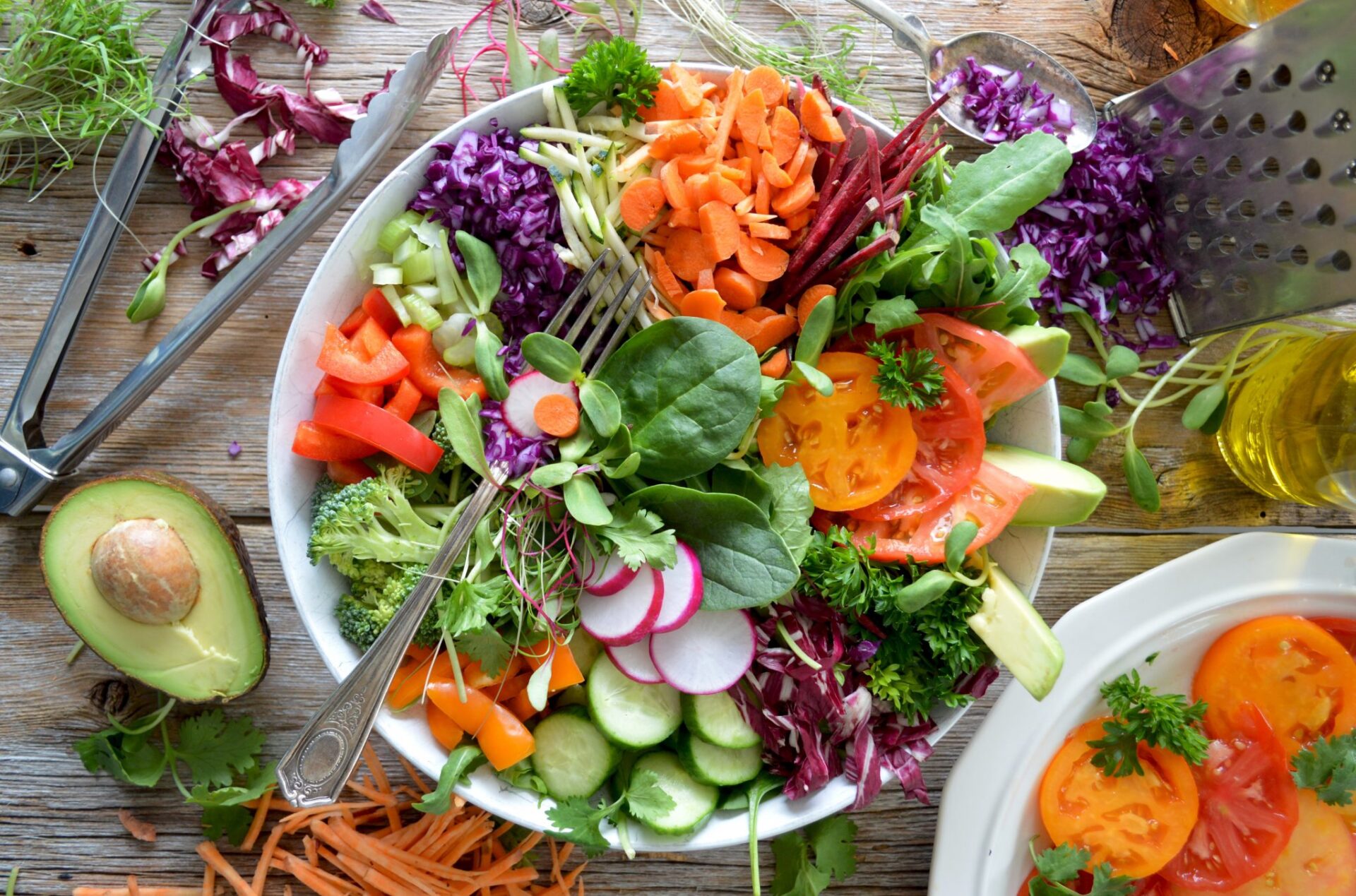Whole Foods
We hear the word “whole foods” a lot, but do you actually know what this means? Whole foods, are foods which have not been altered from the state they have been found in nature. They haven’t been refined or processed. They are a healthy food, because they usually contain more nutrients than their adulterated siblings!
Examples of Whole Foods
- Fruit and Vegetables
- Nuts and seeds
- Grains- rice, oats, rye, wheat, barley, millet, quinoa – (whole & unrefined)
- Dairy products (which are unhomogenised and without fillers/sugars which are common in commercial forms )
- Eggs
- Meat, chicken, turkey, fish and seafood’s, organ meats
- Lentils and legumes
- Unrefined oils
Whilst the purest whole foods are raw, where no processing has occurred, cooked foods can still be considered whole foods, as long as the cooking method has not severely changed the food. There are a few things to consider when cooking food, such as temperature (low heat), type of oil used and cooking method. Generally coconut oil, pure butter, ghee and lard (yes lard!) are the best fats to use, as they are saturated and can tolerate the heat. Steaming or poaching are the best methods or low heat pan cooking. In regard to milk, pasteurisation is considered to be a process that doesn’t affect the nutrients of the food (although it can make it more difficult for some people to digest), non-homogenised milks, yoghurts and cheeses, therefore are also whole.
Whole foods should not have additives and chemicals added to them and so do not last as long as processed foods. Often fats and pure herbs & spices are used to enhance their flavours.
Processed Foods
Foods are processed for various reasons, usually to extend the life of food, for safety reasons when food has to travel long distances, for convenience and marketing purposes.
They usually have additives, nitrates and preservatives added, they can contain trans fat and be high in sugars. The human digestive tract is not designed for this processing and therefore if the diet contains too much processed foods, or more than it can handle (this will depends on genetic predisposition and other lifestyle stressors), then disease states may appear.
Refined Foods
Refined food have been altered, by the removal of the course parts, such as, the bran, germ and husk, this is usually in reference to grain carbohydrates such as, flours, breads, cakes, cereals, biscuits. This refining process removes nutrients from the food, usually the fiber. Refined foods are easily identified as they are commonly white foods, such as white bread, white rice, biscuits, white pasta, cakes, white sugar, white noodles etc.
How to Eat more Whole Foods!
There are so many great recipes these days, using both raw and cooked whole foods, which retain the wonderful nutrients the body needs to function at its best. Check out the ones on my website or facebook page. Here are some ideas to help you:
- Share recipes with family and friends, consider the above requirements to assess if its a whole food recipe or not
- Challenge yourself to at least 2 meals a day to contain nothing but whole foods
- Watch 1 hour less TV a night and make a wonderful whole food desert, dip or snack food
- Buy one new whole food that you have never bought before, at the supermarket per week and Google it for recipe ideas
If you have any other ideas please let us know 🙂
Kind Regards,
Maria


